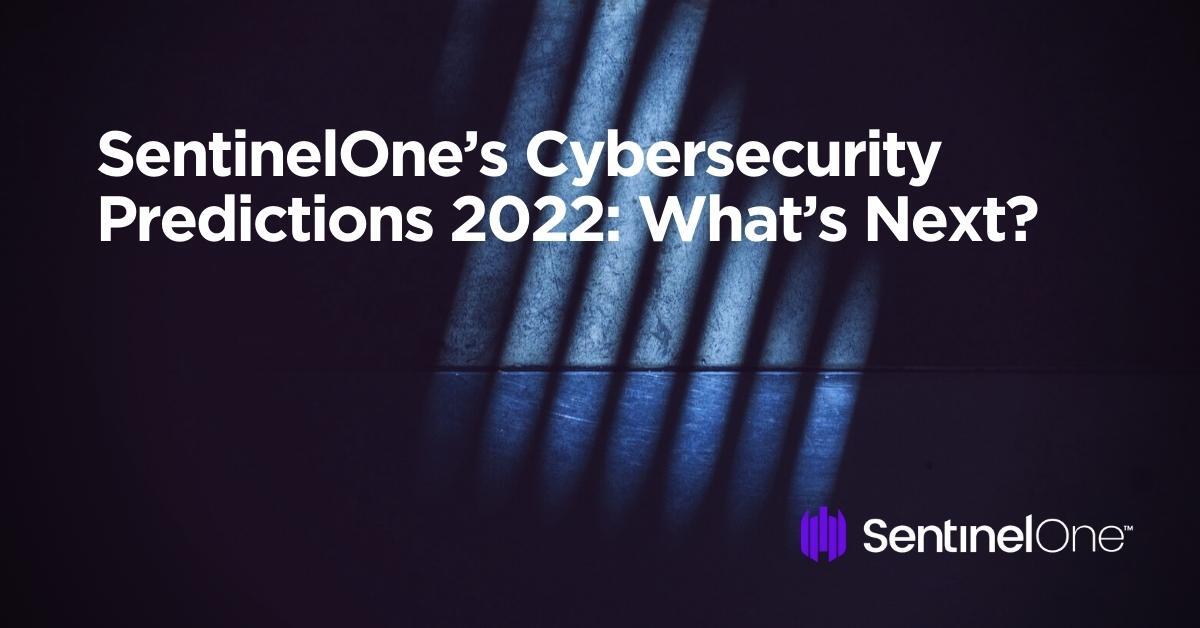Future-Proof Your Business: Trick Cybersecurity Predictions You Need to Know
As organizations confront the accelerating pace of electronic transformation, recognizing the progressing landscape of cybersecurity is important for lasting strength. Predictions recommend a significant uptick in AI-driven cyber dangers, alongside increased regulatory analysis and the necessary shift towards Zero Trust Design.
Surge of AI-Driven Cyber Risks

One of the most worrying advancements is making use of AI in producing deepfakes and phishing plans that are incredibly convincing. Cybercriminals can produce audio and video web content, impersonating executives or trusted individuals, to control victims into disclosing sensitive info or authorizing deceptive deals. Furthermore, AI-driven malware can adjust in real-time to avert detection by traditional security steps.
Organizations need to identify the immediate demand to reinforce their cybersecurity frameworks to combat these evolving dangers. This includes investing in advanced hazard detection systems, fostering a society of cybersecurity recognition, and carrying out robust case feedback plans. As the landscape of cyber hazards transforms, aggressive steps end up being crucial for protecting sensitive information and preserving company stability in a significantly digital globe.
Boosted Emphasis on Information Personal Privacy
Exactly how can organizations properly navigate the growing focus on data personal privacy in today's digital landscape? As governing structures evolve and customer expectations rise, organizations should prioritize durable information privacy strategies.
Spending in employee training is crucial, as staff awareness straight influences information protection. In addition, leveraging technology to improve information security is vital.
Cooperation with lawful and IT groups is important to straighten information privacy campaigns with organization purposes. Organizations must also involve with stakeholders, consisting of clients, to interact their commitment to information personal privacy transparently. By proactively addressing data privacy issues, services can develop count on and improve their online reputation, eventually contributing to long-lasting success in an increasingly scrutinized digital environment.
The Shift to No Trust Fund Design
In response to the advancing threat landscape, organizations are significantly adopting No Count on Design (ZTA) as an essential cybersecurity method. This strategy is asserted on the concept of "never trust, constantly verify," which mandates continual verification of individual identities, gadgets, and information, regardless of their place within or outside the network border.
Transitioning to ZTA includes implementing identification and access administration (IAM) services, micro-segmentation, and least-privilege access controls. By granularly controlling accessibility to sources, organizations can minimize the threat of insider hazards and lessen the impact of exterior violations. ZTA encompasses durable tracking and analytics abilities, allowing companies to discover and respond to anomalies in real-time.

The shift to ZTA is also fueled by the raising adoption of cloud services and remote job, which have actually increased the strike surface (cyber resilience). Standard perimeter-based protection models want in this new landscape, making ZTA an extra resilient and adaptive framework
As cyber dangers remain to expand in sophistication, the adoption of Zero Count on principles will be important for organizations seeking to shield their possessions and maintain regulatory conformity while guaranteeing organization connection in an unpredictable environment.
Governing Changes imminent

Approaching laws are anticipated to resolve a variety of issues, including information personal privacy, violation notice, and case reaction methods. The General Information Protection Law (GDPR) in Europe has actually set a precedent, and similar structures are arising in other areas, such as the USA with the recommended federal personal privacy laws. These regulations usually enforce rigorous penalties for non-compliance, stressing the need for organizations to prioritize their cybersecurity measures.
Furthermore, markets such as money, healthcare, and crucial facilities are likely to deal with more strict requirements, reflecting the sensitive nature of the information they handle. Conformity will certainly not just be a lawful responsibility however a critical component of structure trust fund with consumers and stakeholders. Organizations has to remain in advance look what i found of these modifications, integrating regulatory demands into their cybersecurity methods to guarantee durability and secure their assets efficiently.
Importance of Cybersecurity Training
Why is cybersecurity training a crucial part of an organization's protection method? In an age where cyber threats are significantly advanced, companies need to recognize that their workers are typically the first line of protection. Effective cybersecurity training gears up staff with the understanding to recognize prospective hazards, such as phishing assaults, see this malware, and social design strategies.
By cultivating a culture of protection recognition, companies can significantly minimize the threat of human error, which is a leading root cause of information breaches. Routine training sessions make certain that workers stay educated about the most recent hazards and best methods, therefore enhancing their capability to react suitably to events.
Moreover, cybersecurity training promotes conformity with governing requirements, decreasing the threat of lawful repercussions and financial charges. It additionally equips visit homepage staff members to take possession of their duty in the organization's safety and security framework, causing an aggressive as opposed to reactive technique to cybersecurity.
Conclusion
To conclude, the advancing landscape of cybersecurity needs aggressive measures to address emerging risks. The increase of AI-driven assaults, combined with increased information personal privacy concerns and the transition to Zero Trust Architecture, necessitates a comprehensive approach to security. Organizations should remain cautious in adapting to regulative adjustments while focusing on cybersecurity training for workers (Deepfake Social Engineering Attacks). Highlighting these techniques will not just boost business strength however likewise safeguard delicate details against a progressively sophisticated array of cyber risks.